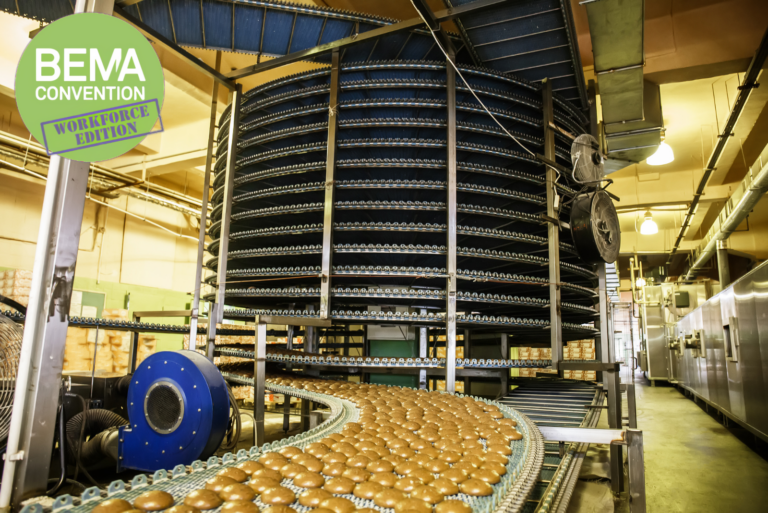MUNICH — Sustainability can be a highly subjective term, and its interpretation will drive how a baking company operates. It’s about more than just the environment; it’s also a matter of economics and how companies can sustainably carry their businesses into the future.
At its root, though, sustainability requires bakers to rethink how they make their products.
At iba, taking place October 22-26 in Munich, Steven Anderson, bakery applications manager for Lallemand Baking, discussed how enzyme technology can impact sustainability in areas such as water reduction and shorter bake times.
“Looking at fluctuating prices for energy and raw materials, they’re rising, and they’re volatile,” Anderson said. “So, how can we apply our microorganisms and enzymes to help address this?”
Lallemand has introduced BTR, an enzyme-based dough solution that can optimize dough for reduced bake time, which increases throughput while potentially reducing the bakery’s carbon footprint.










